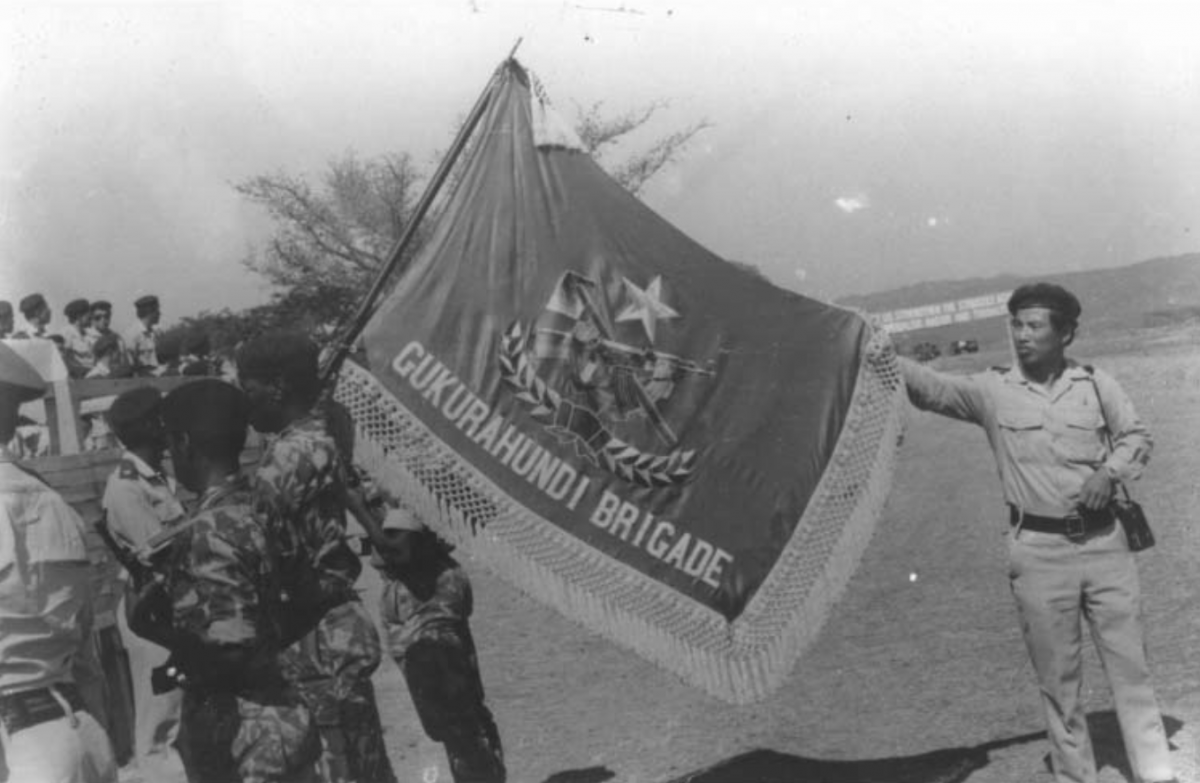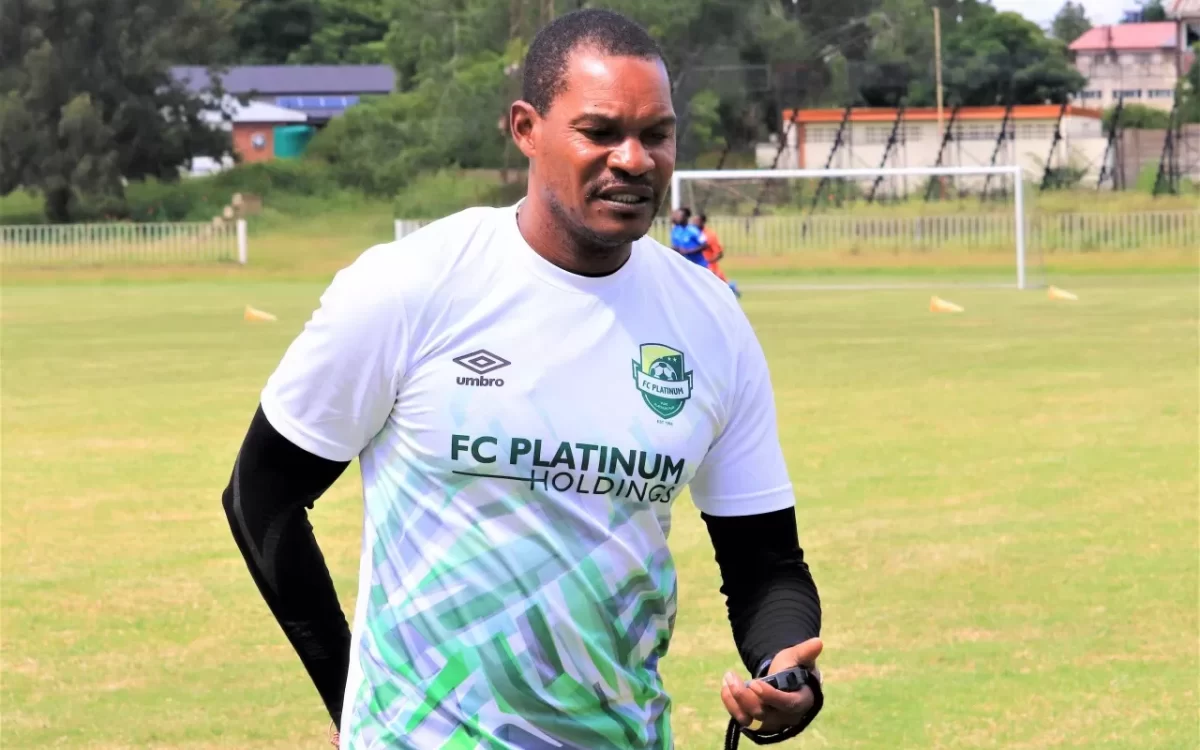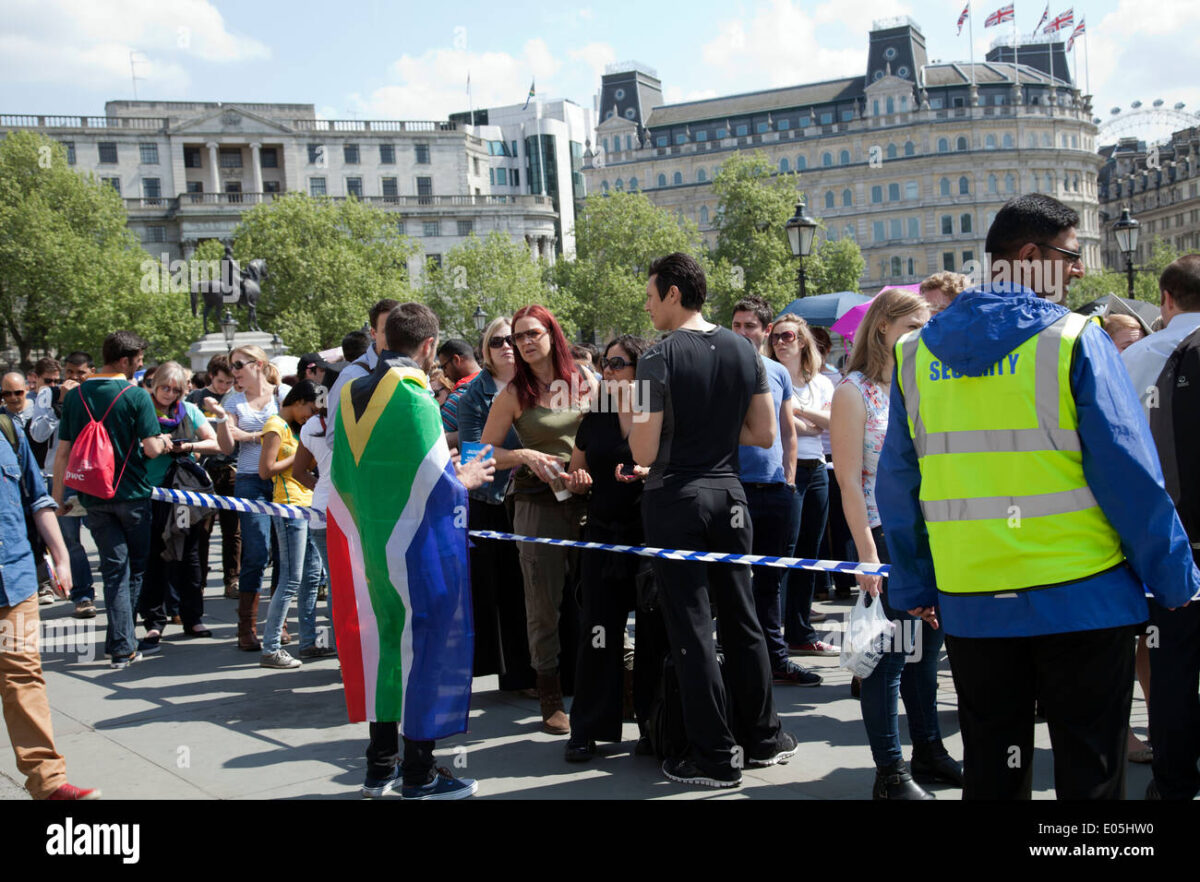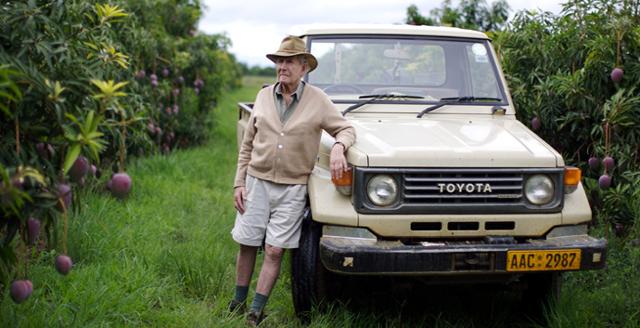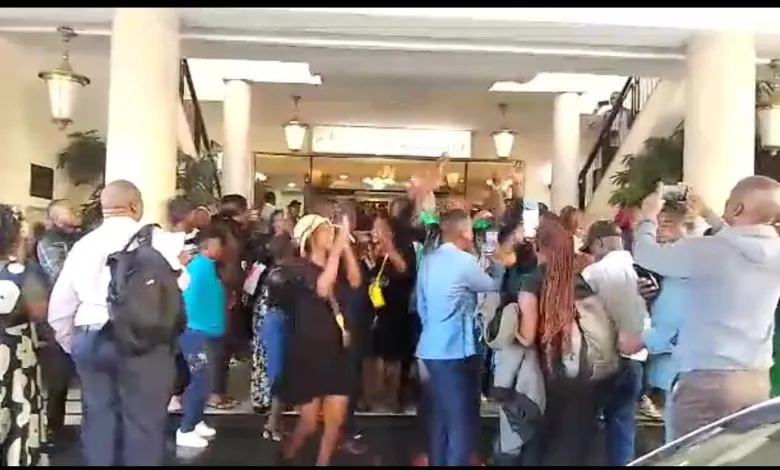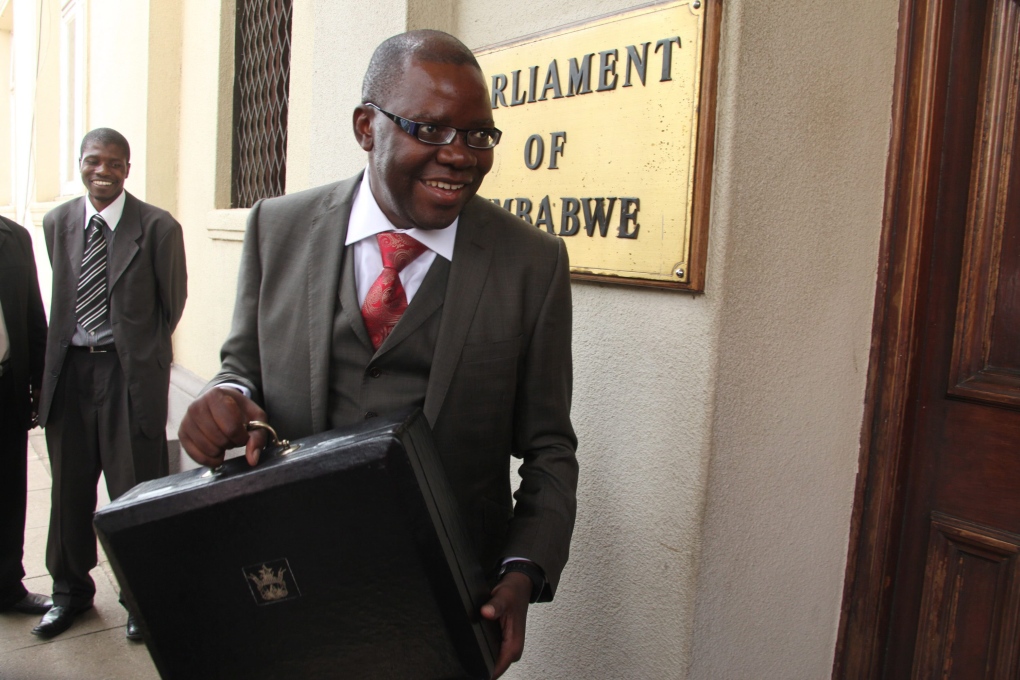BULAWAYO – President Emmerson Mnangagwa’s plan to address the Gukurahundi massacres has been dismissed as a “charade” as it does not promote truth-telling, reparations and justice.
Mnangagwa – who was state security minister when soldiers killed thousands of civilians in south-western Zimbabwe – hammered out his plan with traditional leaders from Matabeleland and the Midlands in Bulawayo on Saturday.
At the end of it, he said individual chiefs “will spearhead the resolution of the issues in his or her area of jurisdiction” because “a one-size-fits-all approach to this programme would be inappropriate.”
The traditional leaders, Mnangagwa said, should “go back to their respective areas and consult on issues raised”, adding: “Whichever chief is ready, we will deploy resources to their area to support the resolution of issues in that area.”
The National Chiefs Council had tabled several key areas requiring resolution including non-issuance of death certificates; denial of birth certificates to victims’ children; underdevelopment and marginalisation of the Matabeleland region; national healing, reconciliation and nation-building; counselling and psycho-social support; consultation of victims; reburials, exhumations and memorials; reparations and compensation; and social security benefits including pensions, free education, social welfare and health services.
A communique issued at the end of the meeting said “exhumations and reburials should be resolved on a case-by-case, be custom-centric and the relevant chief should give guidance and direction.”
It also suggested a “case-by-case” approach to social security benefits.
The discussions were notably mute on truth-telling, reparations and justice, triggering widespread questions about Mnangagwa’s fitness to lead the process when he is implicated in the massacres which rights groups say left 20,000 people dead and many more displaced or missing.
“Gukurahundi is not about politics. It’s about the crime of murder and a test for our justice system to deal with that crime,” said Jacob Ngarivhume, leader of the opposition Transform Zimbabwe.
Godfrey Gandawa, the former higher education deputy minister, said “a matter as grave as Gukurahundi cannot be left to the discretion of individual chiefs, the result of which will be a differing standard of justice.”
He added: “One chief may set five conditions for reburials, another may set two. This is simply unsatisfactory. In any case, the key component required for any peace and reconciliation process is missing: truth-telling. The people must be allowed to speak of their experiences before a national audience. It must be made clear as to who did what and apologies rendered.
“Mnangagwa is an interested party, having boasted that he would shorten the lives of those who allegedly cooperated with dissidents. He cannot be at the helm of resolving an atrocity in which he stands accused.”
Siphosami Malunga, the executive director of the Open Society Initiative for Southern Africa said addressing Gukurahundi required a truly-independent commission of inquiry “with powers to investigate, gather information and hear witnesses including victims and perpetrators and recommend solutions.”
“Chiefs, civil society, communities, citizens all have a role but not exclusive one. The government has a very important role to acknowledge and apologise; establish a credible, independent, meaningful and comprehensive process; facilitate its work and carry out its recommendations,” Malunga added.
According to Gandawa, Mnangagwa’s government “is not willing or ready” to tackle Gukurahundi “in good faith and with full transparency.”
“Far from healing this festering wound, and in the process enhancing national unity, Mnangagwa is actually adding insult to injury and further agitating the victims of these atrocities. The people of Matabeleland and Midlands are not fools. If Mnangagwa believes this charade will close the Gukurahundi chapter, he is terribly mistaken. It will not,” Gandawa added.
Malunga said a critical precursor to any process on Gukurahundi should be the release of the Chihambakwe Commission of Inquiry report into the Gukurahundi massacres, whose release has been suppressed by the Zanu PF government since the mid-1980s.

